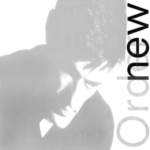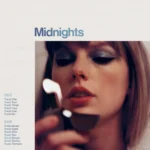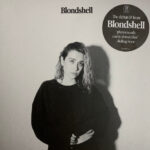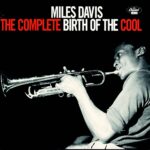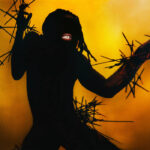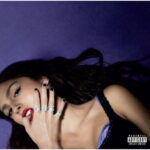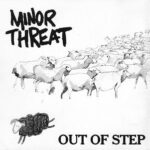 “Kala,” the second studio album by British-Sri Lankan artist M.I.A., released in 2007, is a bold and genre-defying masterpiece that showcases M.I.A.’s unique and innovative approach to music. Building on the success of her debut album “Arular,” “Kala” solidified M.I.A.’s status as a boundary-pushing artist and cultural icon.
“Kala,” the second studio album by British-Sri Lankan artist M.I.A., released in 2007, is a bold and genre-defying masterpiece that showcases M.I.A.’s unique and innovative approach to music. Building on the success of her debut album “Arular,” “Kala” solidified M.I.A.’s status as a boundary-pushing artist and cultural icon.
The album opens with “Bamboo Banga,” an explosive track that immediately sets the tone for the rest of the record. The song’s infectious beats, global-inspired instrumentation, and M.I.A.’s defiant vocals create an electrifying and powerful start to the album.
One of the standout tracks on “Kala” is “Bird Flu.” The song incorporates a mesmerizing blend of South Asian and African influences, fusing traditional sounds with electronic beats to create a mesmerizing and hypnotic sound. M.I.A.’s sharp and socially conscious lyrics further elevate the song, addressing issues of globalization and cultural appropriation.
Continuing the album’s global influences is “Jimmy,” which samples Bollywood composer S. D. Burman’s “Jimmy Aaja” and adds M.I.A.’s signature touch of urban edge. The song’s infectious melody and engaging rhythm make it an instant earworm that celebrates cultural fusion and diversity.
The album’s most commercially successful track, “Paper Planes,” is a true masterpiece. Combining elements of hip-hop, reggae, and electronic music, the song became an anthem for M.I.A. and earned her worldwide recognition. The politically charged lyrics addressing immigration and stereotypes, along with the catchy chorus and gunshot sound effects, contributed to its massive appeal and cultural impact.
“World Town” is another standout track that showcases M.I.A.’s ability to blend diverse sounds effortlessly. The song’s infectious beats and hypnotic vocal delivery create an irresistible dance track, while the lyrics address issues of cultural identity and globalization.
The album’s midpoint introduces “The Turn,” a haunting and introspective song that veers into a more experimental direction. The raw and emotional lyrics, combined with the sparse instrumentation, create a deeply affecting and vulnerable moment on the album.
“XR2” is a playful and nostalgic tribute to British club culture, specifically referencing the rave scene in South London. The song’s upbeat and energetic sound is a departure from some of the album’s more serious themes, yet it remains an essential part of the album’s diverse and dynamic sonic palette.
As the album progresses, “Paper Cuts” stands out as a gritty and politically charged track. M.I.A. addresses issues of violence and media manipulation with her biting lyrics and aggressive delivery, making it one of the album’s most politically charged moments.
The album closes with “Mango Pickle Down River,” a collaboration with Australian Aboriginal artist the Wilcannia Mob. This song showcases M.I.A.’s commitment to celebrating global voices and cultures, highlighting the indigenous culture of Australia with its catchy hooks and vibrant energy.
In conclusion, “Kala” is a daring and groundbreaking album that cements M.I.A.’s status as an innovative and influential artist. With its seamless fusion of diverse musical styles, thought-provoking lyrics, and socially conscious themes, “Kala” remains a powerful and relevant work of art. M.I.A.’s fearlessness in exploring and celebrating global cultures and issues of cultural identity makes “Kala” an essential album that continues to inspire and resonate with listeners worldwide.
This post has already been read 329 times!

